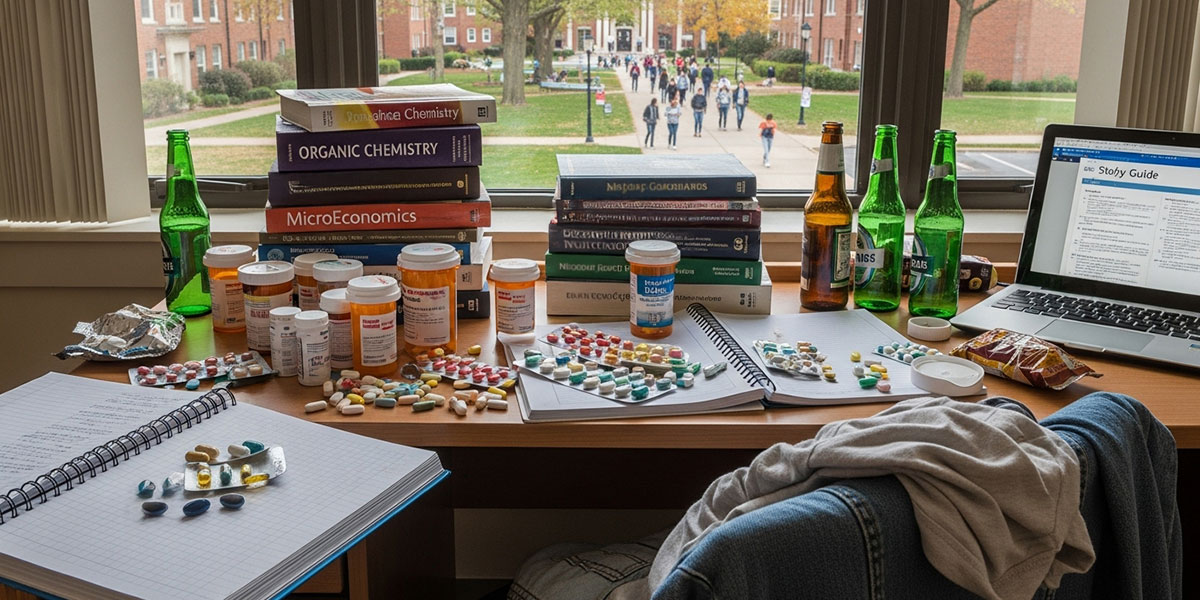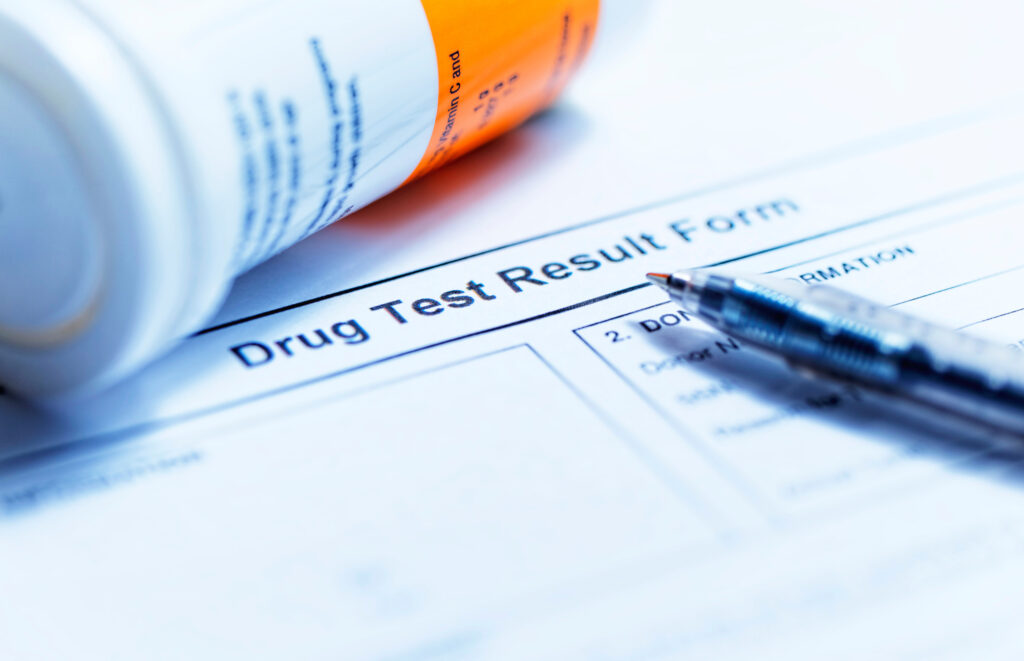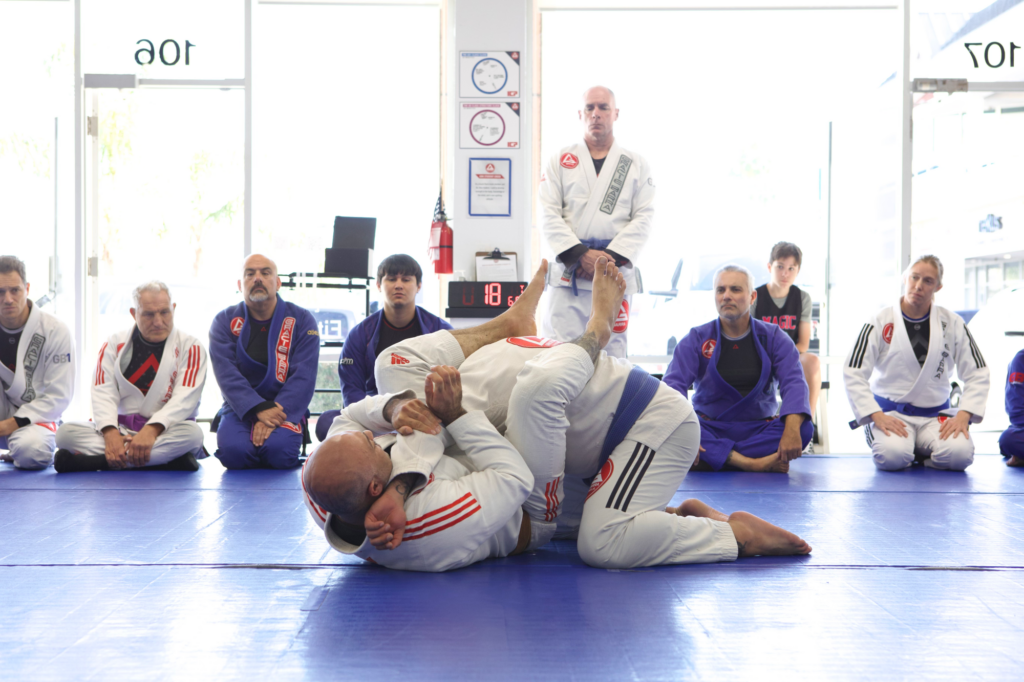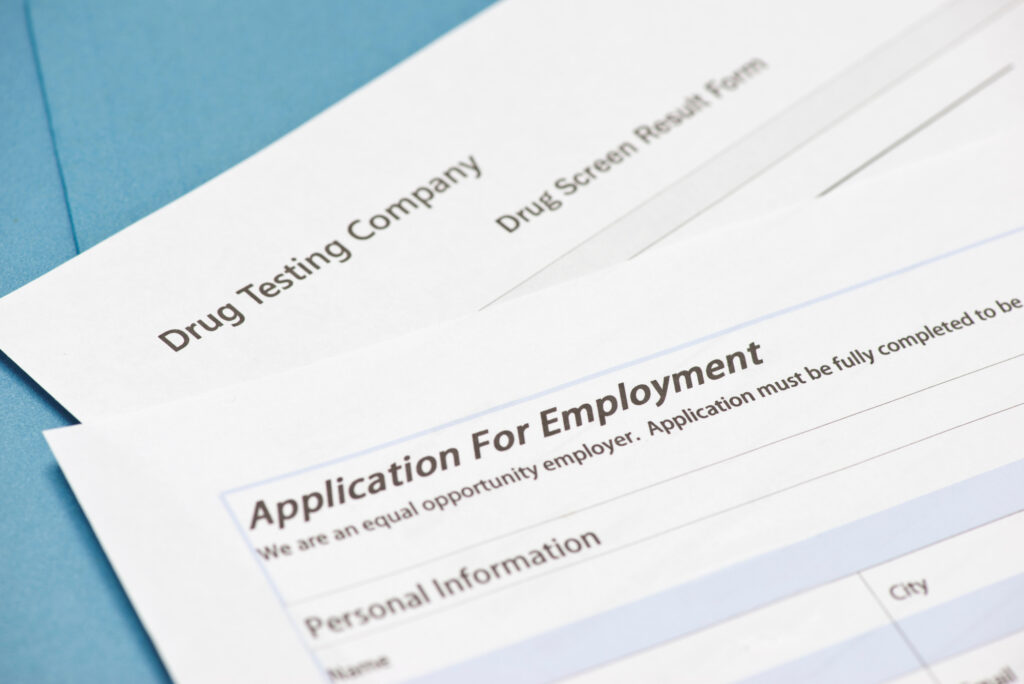College and university campuses are famous for drug use. In fact, substance abuse is so common on campuses that 37% of students regularly abuse drugs, and 54.9% of college students living on campuses drink regularly – which is 10% higher than the general population.
Many of the popular rave drugs on the market today, ranging from LSD to ecstasy, got their start on college campuses. Today, most students use alcohol when looking for a recreational intoxicant, but other drugs are still extremely popular. Those range from marijuana, which has remained a standard recreational drug for most of recent history, to ADHD medication, which is primarily abused as a “study drug”.
While much drug use on campuses is relatively harmless, exploratory, and recreational, some of it is also abuse, harming everything from health to academics to mental health.
Below, we’ll discuss the 5 most commonly abused drugs on college campuses.
Start Your Journey By Getting Help Today
Our medical, clinical, and counseling staffs on site are available 24/7.
Marijuana
In 2021, 44% of college students reported using marijuana recreationally in the United States. That’s higher than any other year since 1980, with 2015 showing 38%. This data is collected by the Monitoring the Future Study, which measures drug use and attitudes about drug use across campuses in the United States and has done so since 1975. In addition, daily marijuana use has escalated, with 11% of young adults in colleges smoking or vaping daily, versus 6% in 2011. While that’s in part spurred by increasing acceptance and legality of the drug, marijuana poses significant mental health risks and can cause psychosis, lethargy, and seeking behavior, also known as addiction, when consumed in larger quantities.
Marijuana is often smoked or eaten as a recreational drug, often to destress, to control anxiety, and to party. In other cases, strains that increase concentration may be used as a study drug.
It’s also still illegal on a federal level and reviews of over 48 studies show that marijuana abuse correlates to decreases in academic scores, decreased chances of graduating, and moving to other drugs. While correlation is not causation, the risks are there.
Ritalin
Ritalin is the world’s most popular study drug, with estimates showing that 5-30% of all college students (depending on college) abuse it. Ritalin is a prescription stimulant, often used to help students stay awake and focus during study sessions, during lectures, and before tests. For many, that drug is also illegal, as it’s only available via a prescription.
Instead, students purchase illicit Ritalin, buy it from their friends, or buy what they hope are Ritalin pills. Those Ritalin pills are increasingly less “Ritalin” and more dangerous mixes of Fentanyl and other drugs, designed to get students high.
Even with prescription Ritalin, abusing the drug can result in increased blood pressure, cardiac irregularities, increases in paranoia, and dependency. Heavy abusers will eventually see dysfunctions and abnormalities in working memory, making it harder to study and take tests without study aids – and leading to further reliance on the drug. Plus, with many students combining Ritalin and Alcohol, many students put themselves at significant risk of overdose and liver damage or alcohol toxicity when abusing the drug.
Adderall
An estimated 11% of college students have tried or currently use Adderall as a study drug. For many students, Adderall and Ritalin are extremely readily available, often sold together, and pose very similar risks. They’re also taken for the same reasons, to increase concentration. Here, Adderall can be more dangerous, because it stays active in the body for up to 6 hours, while Ritalin only lasts for four.
Start Your Journey By Getting Help Today
Our medical, clinical, and counseling staffs on site are available 24/7.
Hallucinogenics
Ecstasy and other hallucinogens are increasingly popular on campuses, with the National Survey on Drug Use and Health showing a 4.7% increase in popularity between 2011 and 2021. Here, LSD, MDMA, and mescaline are the most popular.
These drugs vary in effect and often have a limited addiction profile. However, they do increase risks of psychosis, can trigger existing mental health disorders, and recurring hallucinations, where users can re-experience their trip for up to months after taking drugs.
Cocaine
In 2017, cocaine was the fourth most commonly used drug on college campuses. Its surge in popularity on campuses coincided with a large increase in cocaine overdose-related deaths and hospitalizations. Here, an estimated 13% of college students use cocaine regularly with a further 36% having been offered it at parties or by peers.
Cocaine has a light addiction profile but consistent abuse is associated with reduced grades, higher dropout rates, increased danger of STDs, increased exposure to trauma, and increased risk of mental health disorders including PTSD, hyperactive disorder, and emergent depression or anxiety. Long-term abusers often see increases in paranoia as well.
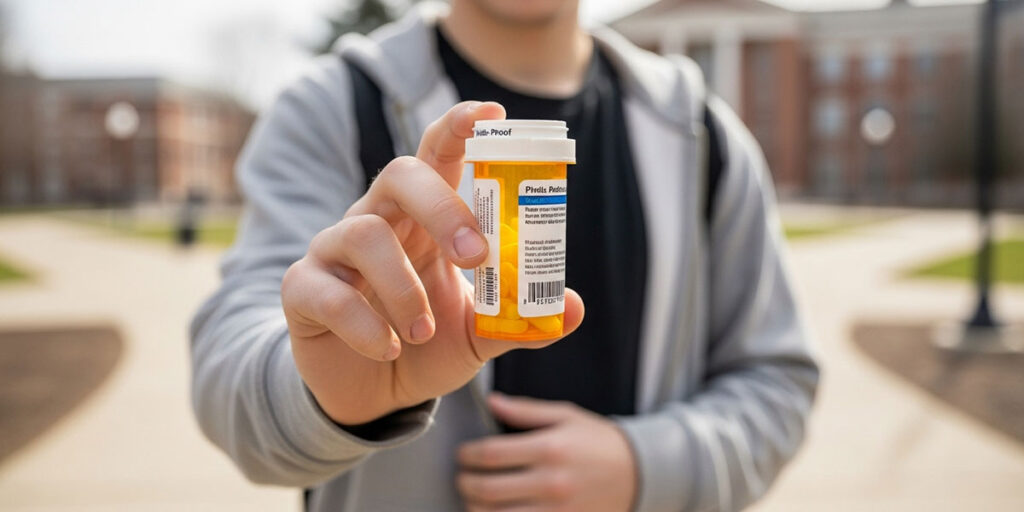
Why Do College Students Use Drugs?
College students often use drugs as part of exploring adulthood and freedom. For others, those drugs turn into escapism as they look to alleviate high-stress and high-demand environments. As workloads, social pressure, and pressure to achieve good grades increase, so does drug and alcohol abuse. Here, students may self-medicate, using alcohol or marijuana to unwind after studying or tests or after class – giving themselves what they may feel is a “well-earned break” but which eventually makes them feel worse the next day.
In other cases, students use drugs like Ritalin and other amphetamines to boost their concentration in hopes of scoring better on tests and improving study sessions. That’s often pushed by misconceptions that Ritalin or Adderall will improve learning or thinking ability directly. However, for most, they simply improve ability to concentrate and stay awake – without affecting retention or long-term learning ability. This means the drugs may eventually serve no real purpose, especially for students without existing focus issues.
Recognizing the Signs of Substance Abuse in College Students
These are some of the key indicators that a student might be struggling with substance abuse:
Changes in Academic Performance: A sudden drop in grades, missing classes, or lack of engagement in academic activities can all be signs of issues with substance abuse.
Changes in Physical Appearance: Noticeable changes in weight, personal hygiene, or physical health without other explanations might also indicate drug use.
Behavioral Changes: Keeping secrets, withdrawing from social life, or spending time with a completely new group of people can be signs that a student is hiding drug use.
Mood Changes: Mood swings can be par for the course in college, but extreme irritability or rapid changes in mood may point to withdrawals from drugs.
Money Problems: Someone asking for money without a clear explanation — or finding that your money or valuables are missing — could mean that a peer’s drug use is getting them into financial trouble.
Health Problems: If a student complains of headaches, fatigue, or feeling anxious, drug use might be the cause.
The Potential Long and Short-Term Effects of Drug Use in College Students
Using drugs in college can have immediate negative effects like a dip in academic performance and loss of friends—but it can also impact a student’s future. Addiction affects everything from your financial stability to your long-term health.
Short-Term Effects of Drug Abuse in College Students
Health Risks: Immediate health risks vary from drug to drug but include impaired judgment, risk of overdose, and more. Stimulant abuse in particular can lead to increased heart rate and blood pressure, which can be very dangerous at any age.
Academic Impact: Even casual drug use can bring down a student’s academic performance through missed classes, trouble concentrating, and even decreased cognitive function, leading to lower grades and academic probation.
Social and Behavioral Changes: Drugs can alter a student’s behavior, increase risky decision-making, affect mood, and strain relationships with friends and family.
Long-Term Effects of Drug Abuse in College Students
Addiction and Dependency: Extended drug use can lead to physical and psychological dependence, making it difficult for a student to function without regular doses.
Mental Health Issues: Drug use can also exacerbate or trigger mental health disorders like depression, anxiety, and even psychosis.
Career Consequences: Using drugs can derail a student’s academic career, leading to dropout, loss of scholarships, and trouble landing a job in the future. The lasting impact of drug convictions can make it even harder to find a job.
Addressing drug use early through education, support, and intervention, helps students avoid the worst effects and stay safe and healthy through their college years.
If you are a college student struggling with addiction, contact us at Ocean Ridge today to learn how we can help you get clean and press restart.
Getting Help
If you or a loved one is abusing drugs, you can always ask for help. Most campuses have on-campus faculty in place specifically to help students with substance-related problems. Many also offer help or assistance in getting into rehab or treatment programs and may offer sober dorms or other facilities to encourage getting and staying clean.
Moving into rehab or drug treatment may also be extremely difficult if you’re in the middle of a semester but getting treatment and going back to college with the ability to focus and learn is healthier and better for your eventual graduation than struggling with a drug problem while studying.
If you or a loved one would like more information about drug rehab, alcohol rehab, detox please contact us to speak in complete confidence with one of our experienced treatment advisors today.
Start Your Journey By Getting Help Today
Our medical, clinical, and counseling staffs on site are available 24/7.

Brought to you by the Ocean Ridge Team in San Clemente, blending professional expertise with the healing benefits of coastal living.

